The views expressed in our content reflect individual perspectives and do not represent the authoritative views of the Baha'i Faith.
Healthcare professionals, factory workers, people who prepare, deliver, or distribute food, and emergency workers are just some of the many people serving others in these chaotic times. Many media outlets have described them as “heroic” to shine a light on them and show gratitude for their generosity and the risks they take.
We should be grateful to these workers who staffed businesses during this pandemic and saved lives in our hospitals — they’ve provided a much-needed service to humanity. Indeed, Abdu’l-Baha, the son of Baha’u’llah, the prophet and founder of the Baha’i Faith wrote that “service in love for mankind is unity with God.”
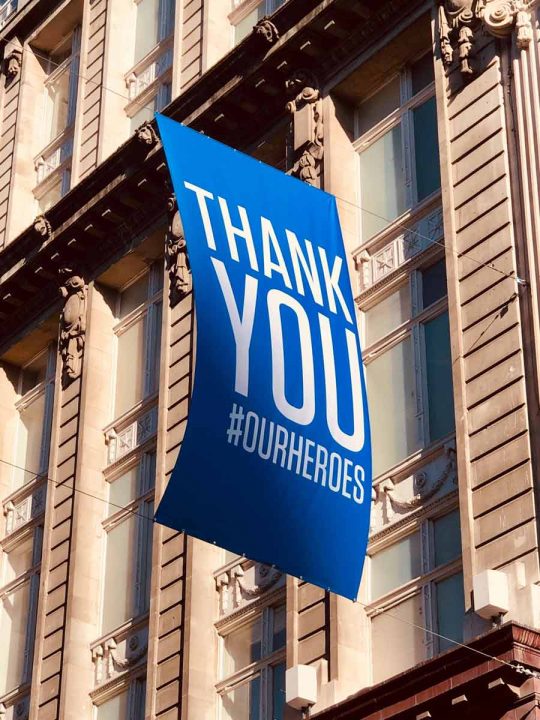
At the same time that I’m honoring their service, I’m reflecting on the disproportionate rates of COVID-19 infection and virus-related death among Black and Latino Americans, many of whom are heroic essential workers.
More than a century ago Abdu’-Baha called prejudice a “breeding ground” of tragedies. Data from the Centers for Disease Control and Prevention reveals that Black and Latinx Americans are dying of COVID-19 at a higher rate than white people. The CDC notes that Black and Latinx Americans often have less access to fresh food and medical care, are more likely to live in crowded and racially segregated housing, and comprise a large percentage of critical workers.
Nearly one-fourth of employed Black and Latinx Americans work in service industry jobs while only 16% of white people do. The overrepresentation of these groups in some critical sectors is astounding. Would we have food without all the Latinx workers, who comprise a mere 17% of all workers in the United States but are a staggering 53% percent of all agricultural workers? And every time someone survives COVID-19, consider that Black people, who are only 12% of all workers in the U.S. are a full 30% of licensed practical and licensed vocational nurses. “The risk of infection may be greater for workers in essential industries who continue to work outside the home despite outbreaks in their communities, including some people who may need to continue working in these jobs because of their economic circumstances,” according to the CDC.
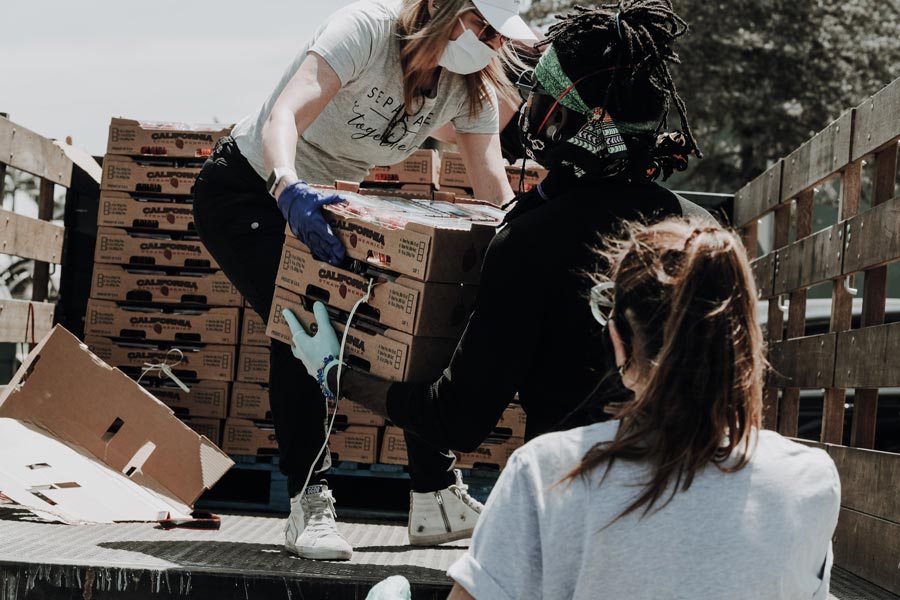
Baha’u’llah wrote that “The best beloved of all things in My sight is justice.” So I wonder what else we can do for essential workers to demonstrate our appreciation for their heroic service and ensure they are treated in a just, equitable fashion?
We can process the broader context within which we see this pandemic unfolding, recognize the ways that Black and brown people are disproportionately affected by it, and identify the roots of these issues as ignorance, racial prejudice, and a lack of spiritual health. Calling people “heroic” can go hand-in-hand with alleviating the inequalities they often face.
Society must function in a way that promotes everyone’s well-being, We can be more generous, kind, and honest, eliminate prejudice from our hearts and actions, and focus on using our natural talents to serve others. Whether you are an actress, a doctor, a caregiver at home, a community member without formal work, or a bus driver, we can contribute to building a more equitable society. As Baha’u’llah wrote, “The best of men are they that earn a livelihood by their calling and spend upon themselves and upon their kindred for the love of God, the Lord of all worlds.”
A March 2020 letter from the governing body for the global Baha’i community, The Universal House of Justice, offered these words of encouragement:
May your minds be ever bent upon the needs of the communities to which you belong, the condition of the societies in which you live, and the welfare of the entire family of humanity, to whom you are all brothers and sisters. And in your quiet moments, when no course of action other than prayer seems possible, then we invite you to add your supplications to our own and ardently pray for the relief of suffering.
If we believe that those who bravely serve others during these times are heroic — Black and brown folks who are delivering food, stocking grocery shelves, working in meatpacking plants, and nursing people with the virus despite not having protective gear — let’s also eliminate the inequality and injustice in our society that has allowed COVID-19 to disproportionately impact these groups.
Abdu’l-Baha advised us to “respect the rights of all men, and be more concerned for the interests of others than for your own.” To that end, we can all be heroic by transforming ourselves, arising to take care of our fellow citizens, and treating essential workers as the precious assets we proclaim them to be.


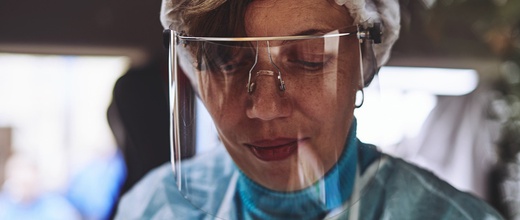


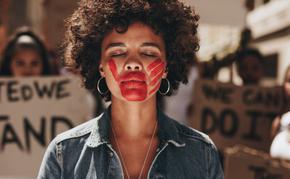
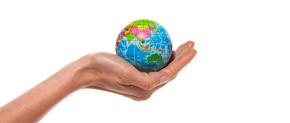
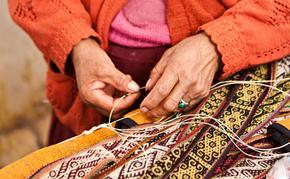









Comments
Sign in or create an account
Continue with Facebookor